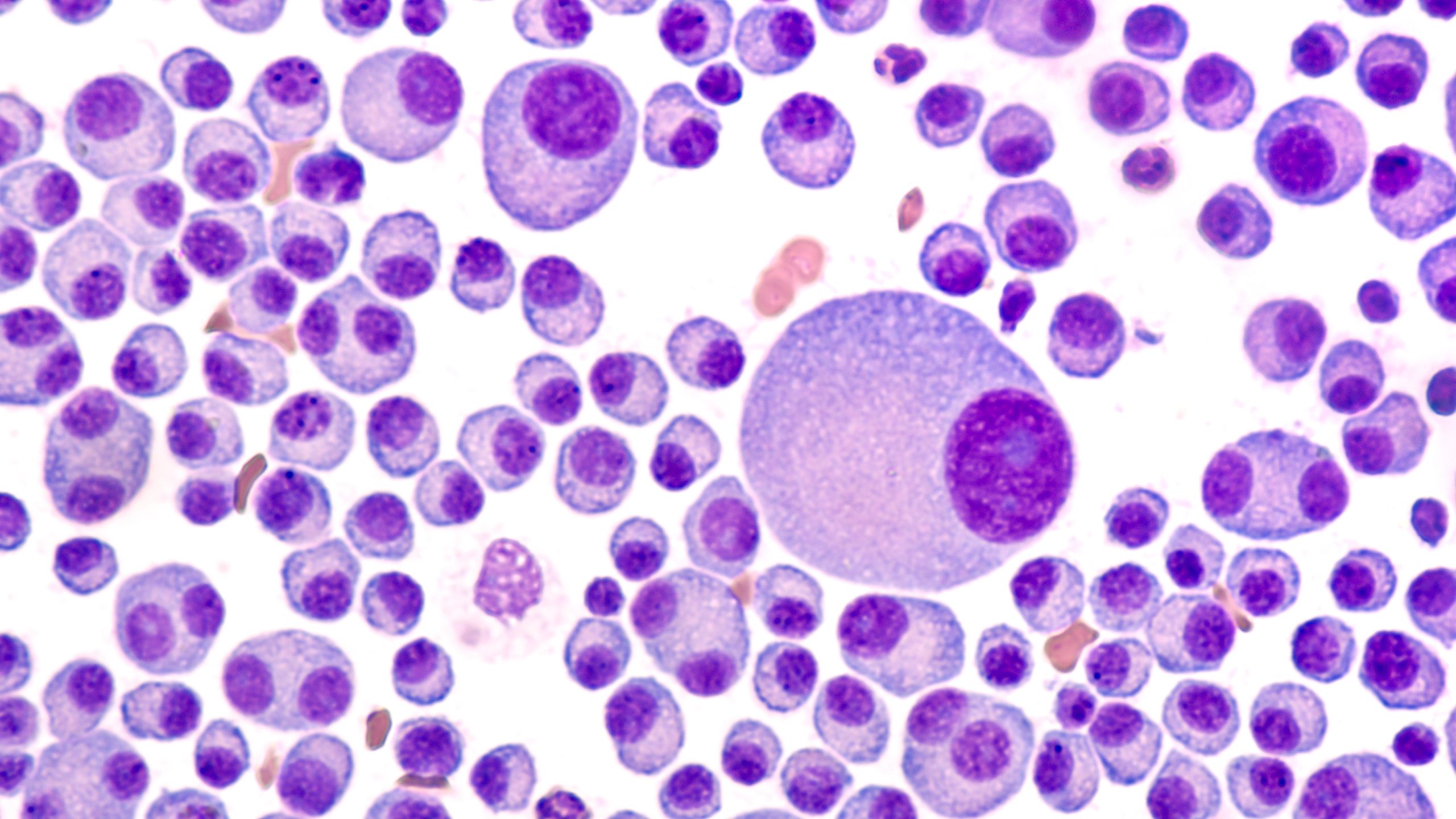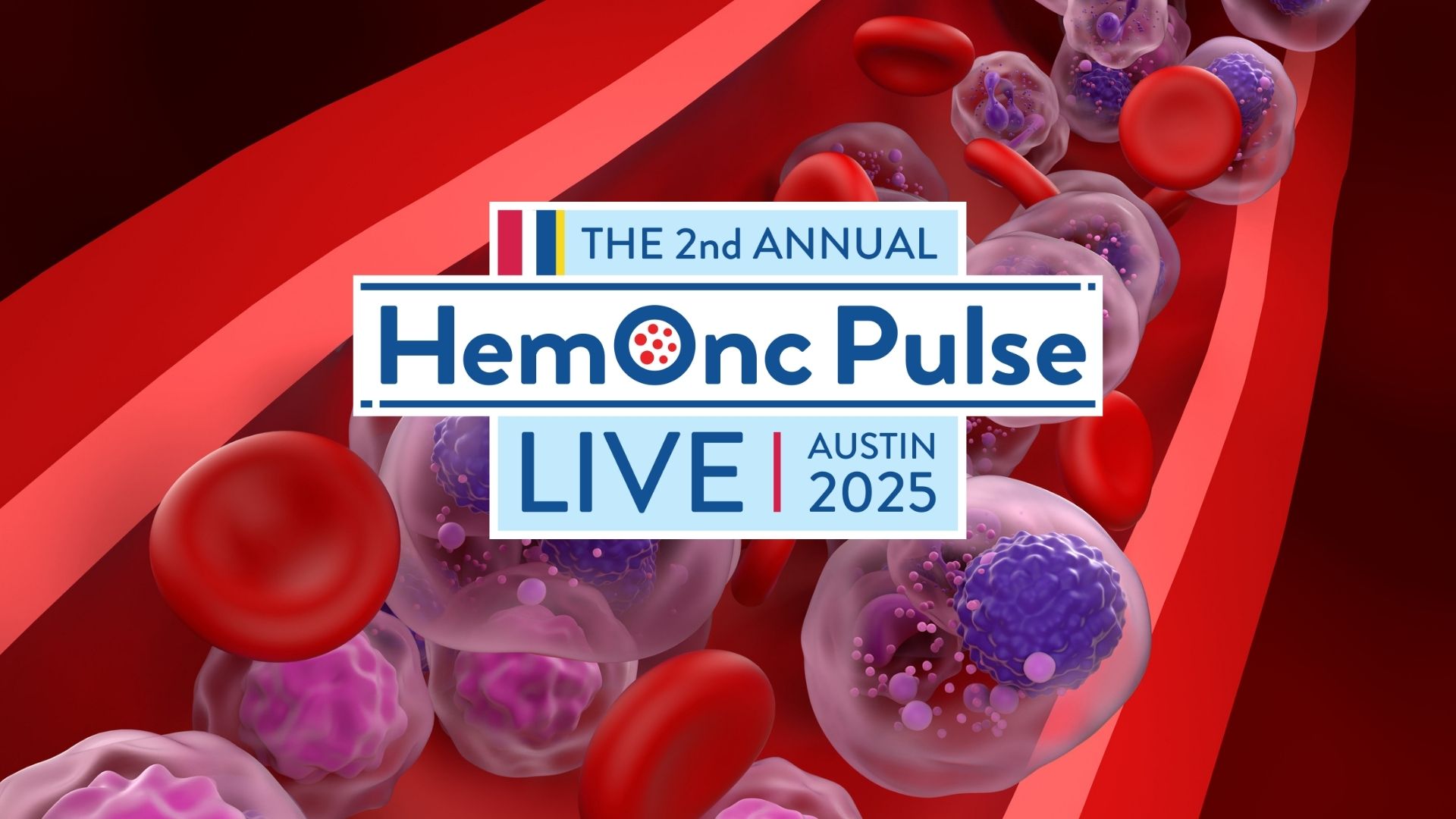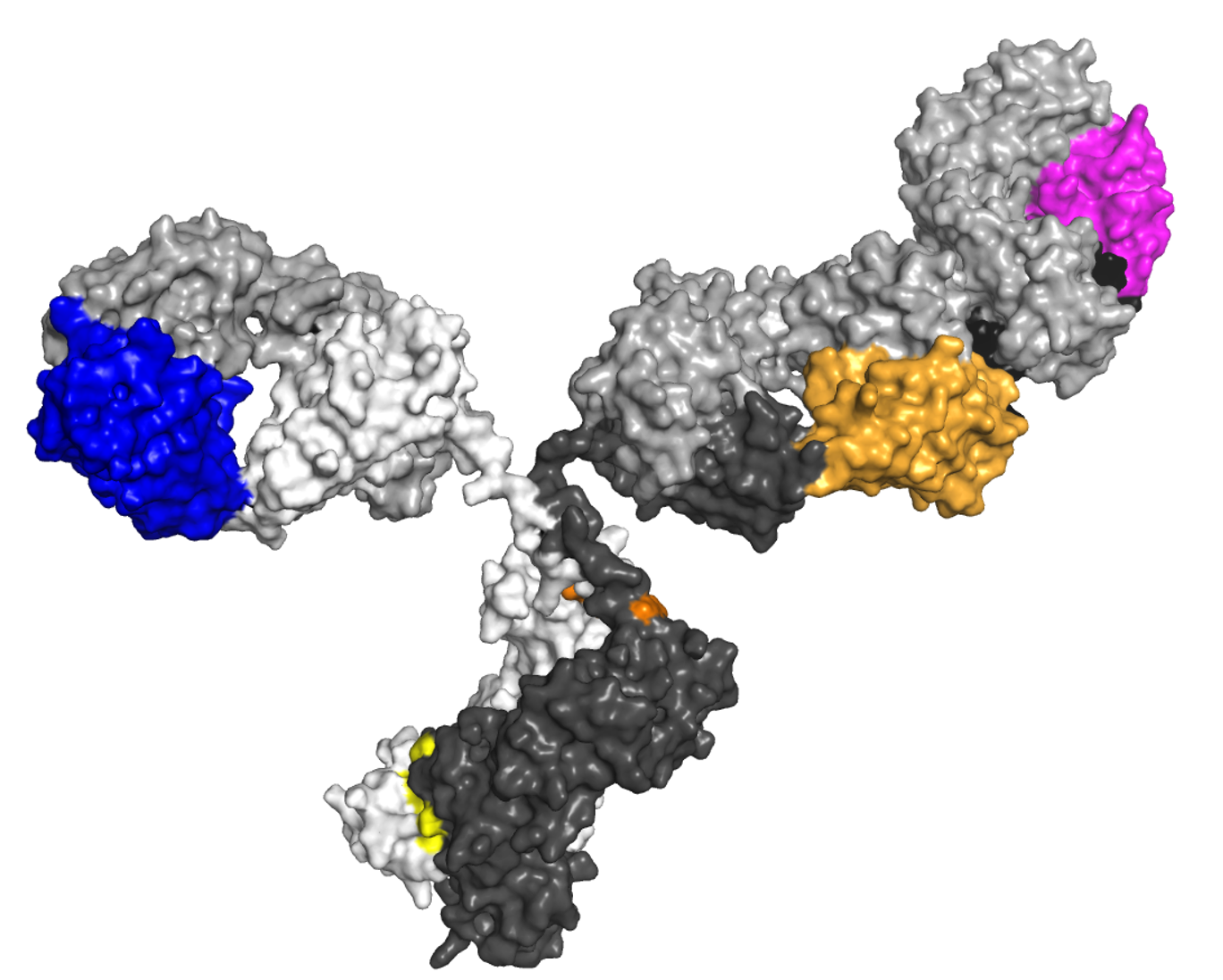
Iberdomide plus dexamethasone had “encouraging efficacy and safety” in patients with triple-class-exposed relapsed/refractory multiple myeloma who previously received anti-B-cell maturation agent (BCMA) therapy, according to a recent study.
Sagar Lonial, MD, of the Winship Cancer Institute at Emory University, and colleagues, conducted the dose-expansion phase of the study evaluating iberdomide plus dexamethasone in 28 patients with heavily pretreated relapsed/refractory multiple myeloma. They presented its results at the 2022 American Society of Hematology Annual Meeting.
All patients received prior anti-BCMA therapy, as well as least one immunomodulatory agent, at least one proteasome inhibitor, and at least one anti-CD38 monoclonal antibody. The patients received a median of seven prior regimens. All patients had documented progressive disease on or within 60 days of their last line of therapy. The median patient age was 65 years, with a median time of 7.8 years since initial diagnosis.
The patients received oral iberdomide 1.6 mg on days one through 21 of each 28-day cycle, with weekly dexamethasone 40 mg or 20 mg for patients 75 years of age or older. The study’s primary objectives were to determine preliminary efficacy and safety. The median follow-up was 8.1 months, with a median number of 3.5 cycles received and 21.1% of patients continuing treatment. In the 68.4% of patients who discontinued treatment, progressive disease was the primary reason for discontinuation.
The overall response rate was 36.8%, with 5.3% of patients having complete responses, 13.2% having very good partial responses, and 18.4% having partial responses. The median response duration was 7.5 months, while the median progression-free survival was 2.4 months. The clinical benefit rate was 39.5%.
Immunophenotyping “showed comparable immunodeficiency” between patients who previously received anti-BCMA agents, as well as those who were triple-class exposed and triple-class-exposed without prior anti-BCMA exposure, however, this “was more pronounced following [T-cell engager]-based therapies,” according to the study’s authors.
“Importantly, [iberdomide plus dexamethasone] remained immune-stimulatory in this population, increasing T-[cell] and [natural killer]-cell proliferation and T-cell activation,” Dr. Lonial and colleagues wrote.
Grade 3 or grade 4 treatment-emergent adverse events occurred in 78.9% of patients. The most frequent event was neutropenia, occurring in 50% of patients. Anemia occurred in 28.9% of patients, leukopenia in 23.7%, and thrombocytopenia in 21.1%.
Nearly a quarter (23.7%) of patients developed grade 3 or grade 4 infections. None of the patients discontinued iberdomide due to treatment-emergent adverse events. The study’s authors reported two patients died, but the deaths were due to sepsis and disease progression and “were not considered related to study treatment.”
“[Iberdomide plus dexamethasone] showed encouraging efficacy and safety in [patients] with triple-class-exposed [relapsed/refractory multiple myeloma] and prior anti-BCMA therapy,” Dr. Lonial and colleagues concluded, noting that the study’s “findings support further development of [iberdomide] in [relapsed/refractory multiple myeloma], including in anti-BCMA-exposed [patients].”
Reference
Lonial S, Abdallah AO, Anwer F et al. Iberdomide (IBER) in combination with dexamethasone (DEX) in relapsed/refractory multiple myeloma (RRMM): results from the anti-B-cell maturation antigen (BCMA)-exposed cohort of the CC-220-MM-001 trial. Abstract #1918. Presented at the 64th ASH Annual Meeting and Exposition; December 10-13, 2022; New Orleans, Louisiana.






 © 2025 Mashup Media, LLC, a Formedics Property. All Rights Reserved.
© 2025 Mashup Media, LLC, a Formedics Property. All Rights Reserved.